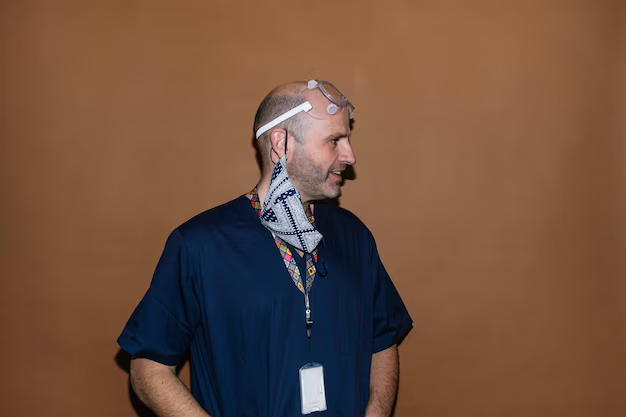How Hard Is It to Become a Neurosurgeon?
Becoming a neurosurgeon is a challenging yet rewarding journey that requires a significant commitment to education and training. The path begins with earning a Bachelor's degree, often with a focus on pre-medical or biological sciences. Aspiring neurosurgeons must then gain admission to medical school, where they will earn a Doctor of Medicine (MD) or a Doctor of Osteopathic Medicine (DO) degree. Medical school is intensive, typically lasting four years, and provides the foundational knowledge and skills in medicine needed for further specialization.
After medical school, the next critical step is to complete a neurosurgical residency program, which involves five to seven years of rigorous training in a hospital setting. This residency is vital as it offers hands-on experience and in-depth knowledge specific to neurosurgery. Upon completing the residency, aspiring neurosurgeons must obtain a license to practice medicine in their state and may choose to pursue board certification in neurosurgery, which, while optional, showcases a dedication to maintaining the highest standards of the profession. The journey, though demanding, leads to a fulfilling career focused on advancing the boundaries of medical science and improving patient outcomes.
Key Educational Pathways and Certifications to Become a Neurosurgeon:
- 🎓 Bachelor's Degree: Pre-medical or Biological Sciences
- 🩺 Medical School: MD or DO
- 🏥 Residency: 5-7 years in Neurosurgery
- 📜 Medical License: Required to practice
- 🛡️ Board Certification: Optional but recommended for career advancement

Related Topics
- Becoming A Pediatrician
- Becoming Physician Assistant
- Becoming A Surgeon
- Becoming A Doctor
- Becoming Brain Surgeon
- Becoming Cardiothoracic Surgeon
- Becoming Family Physician
- Forensic Pathologist Duration
- Becoming A Gyno
- Heart Surgeon Timeline
- Orthopedic Surgeon Training
- Pediatric Dentist Duration
- Pediatric Doctor Timeline
- Pediatric Surgeon Training
- Physician's Assistant